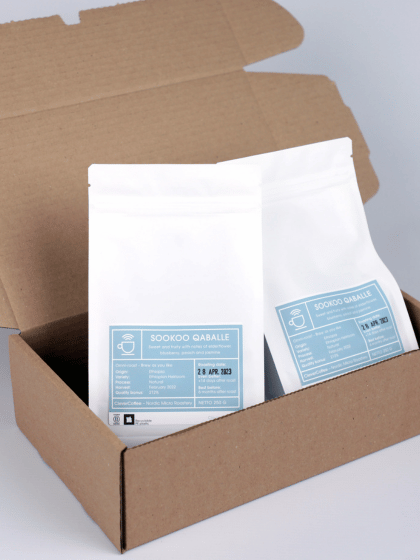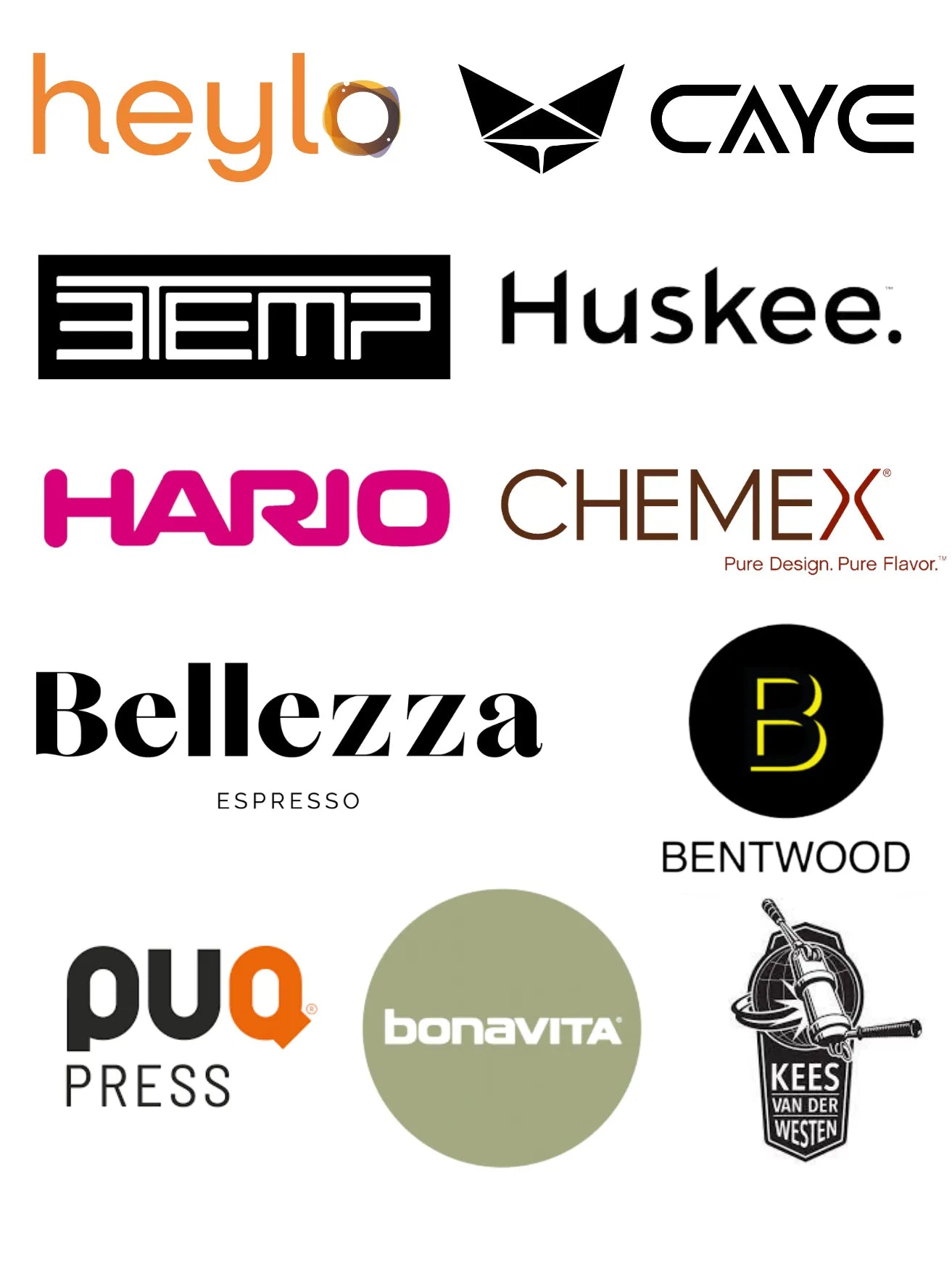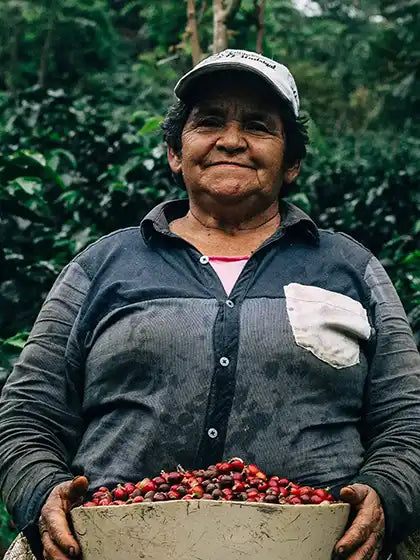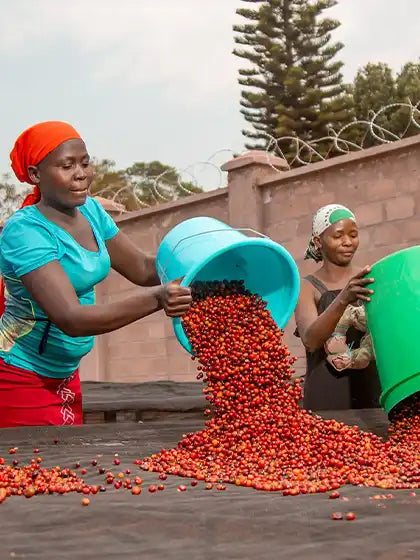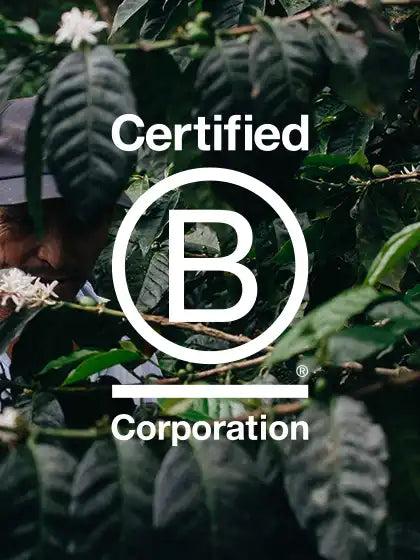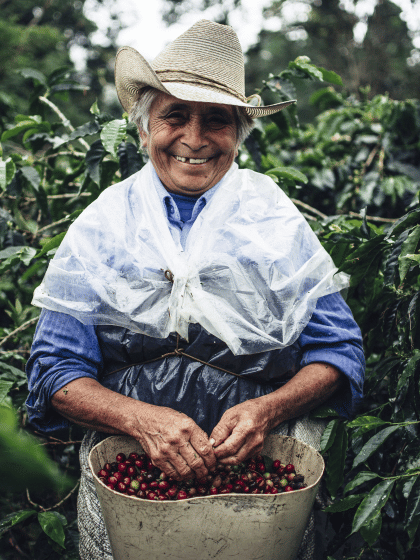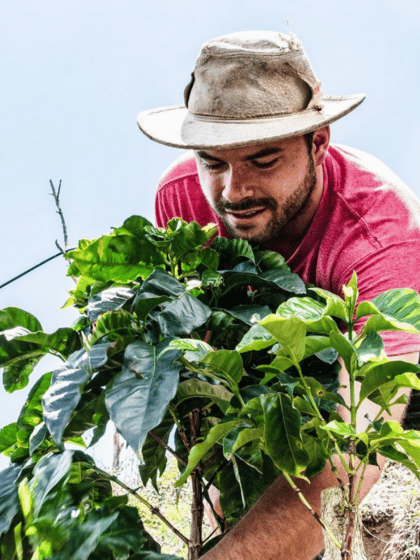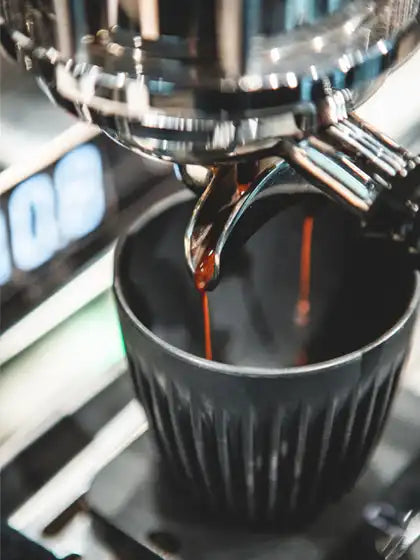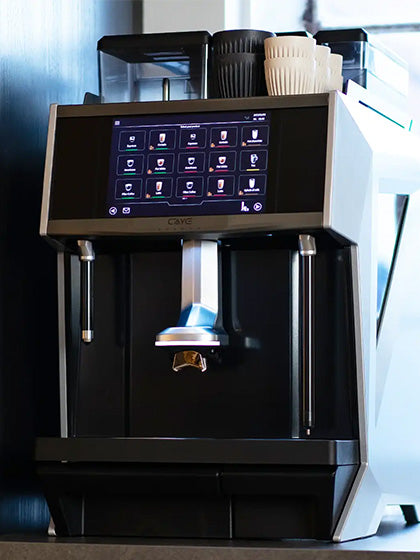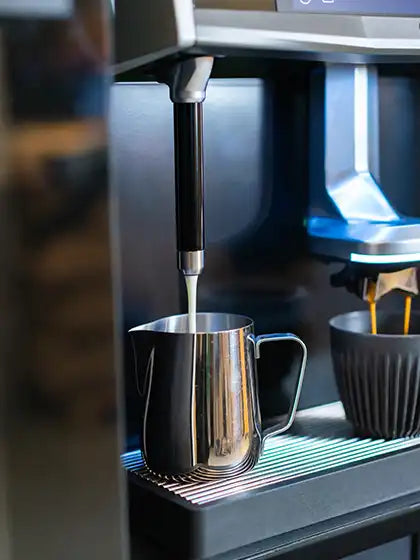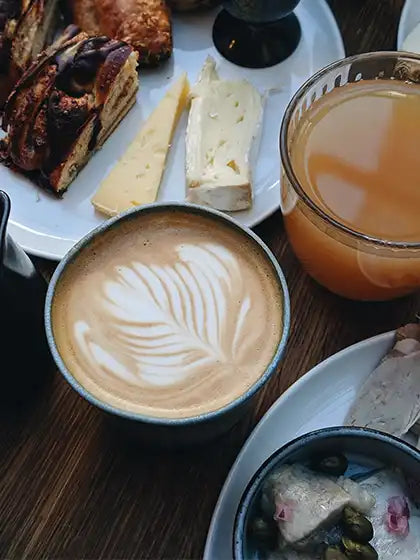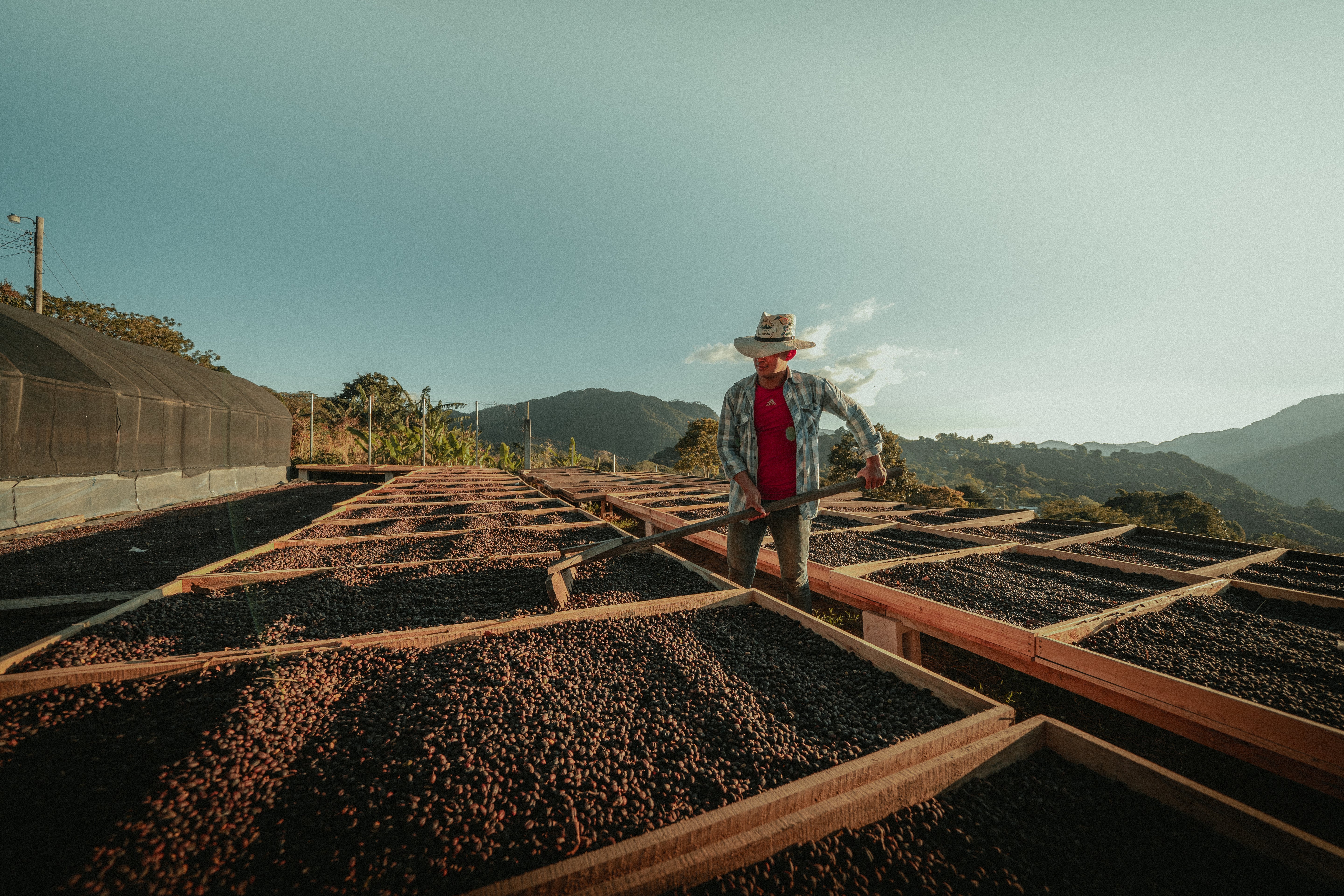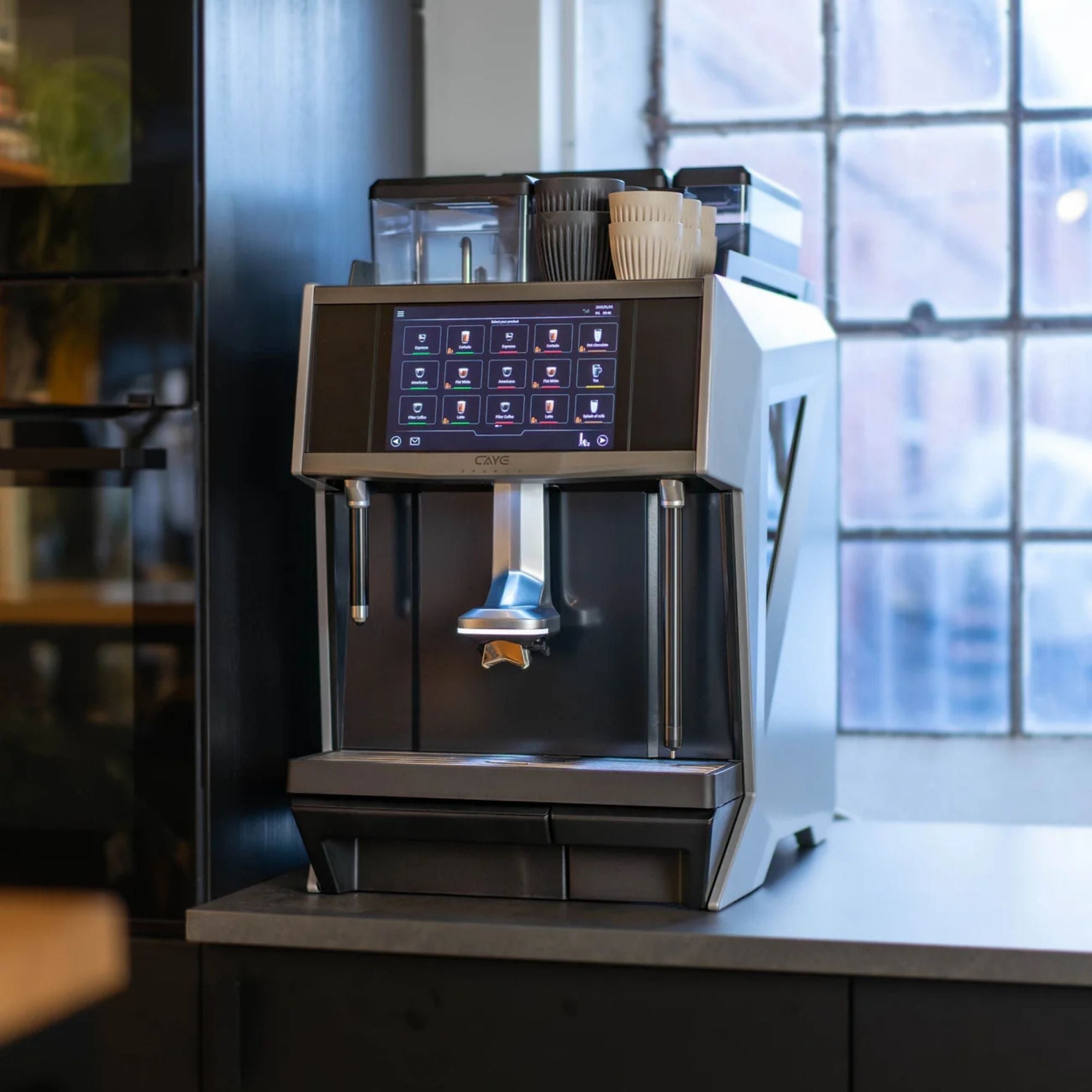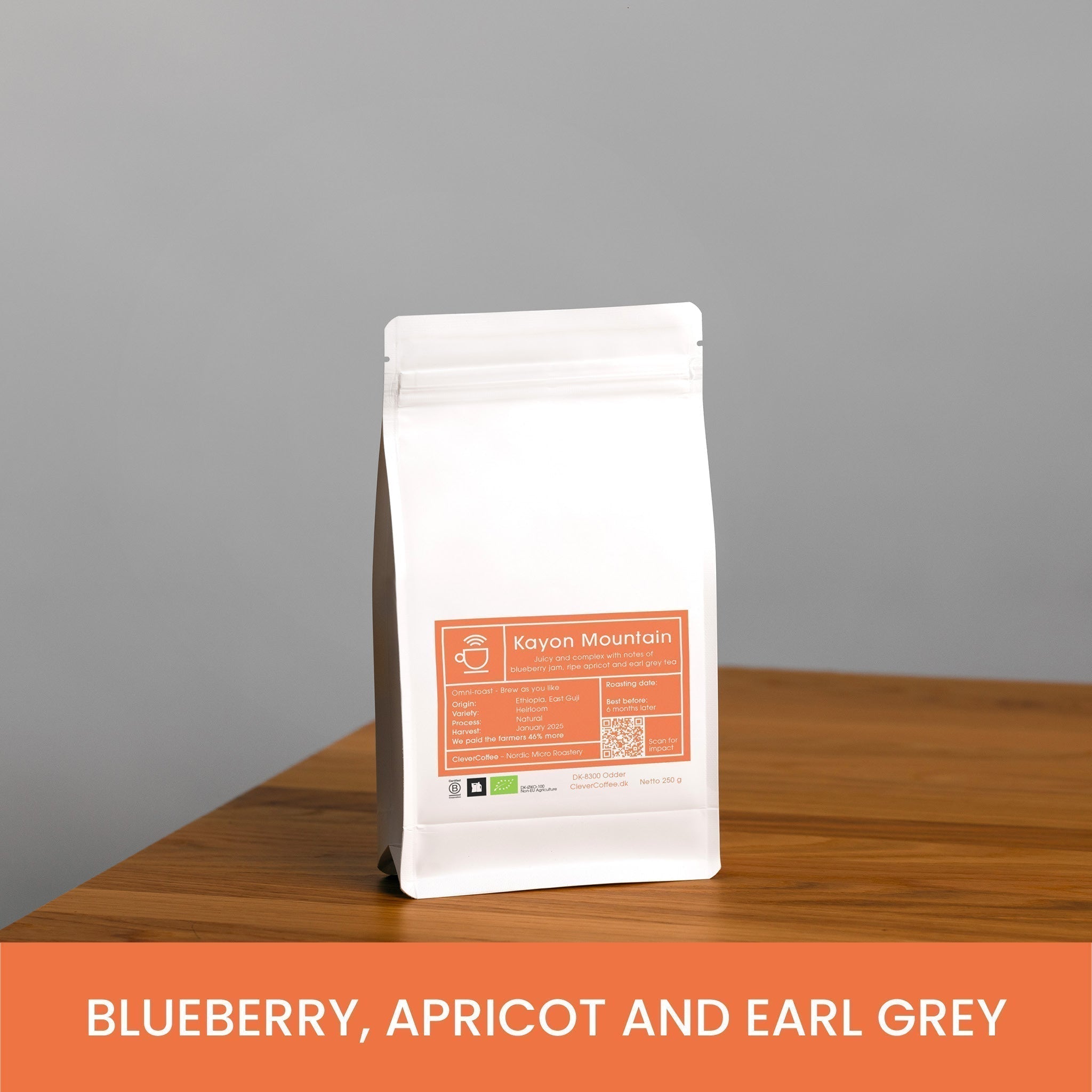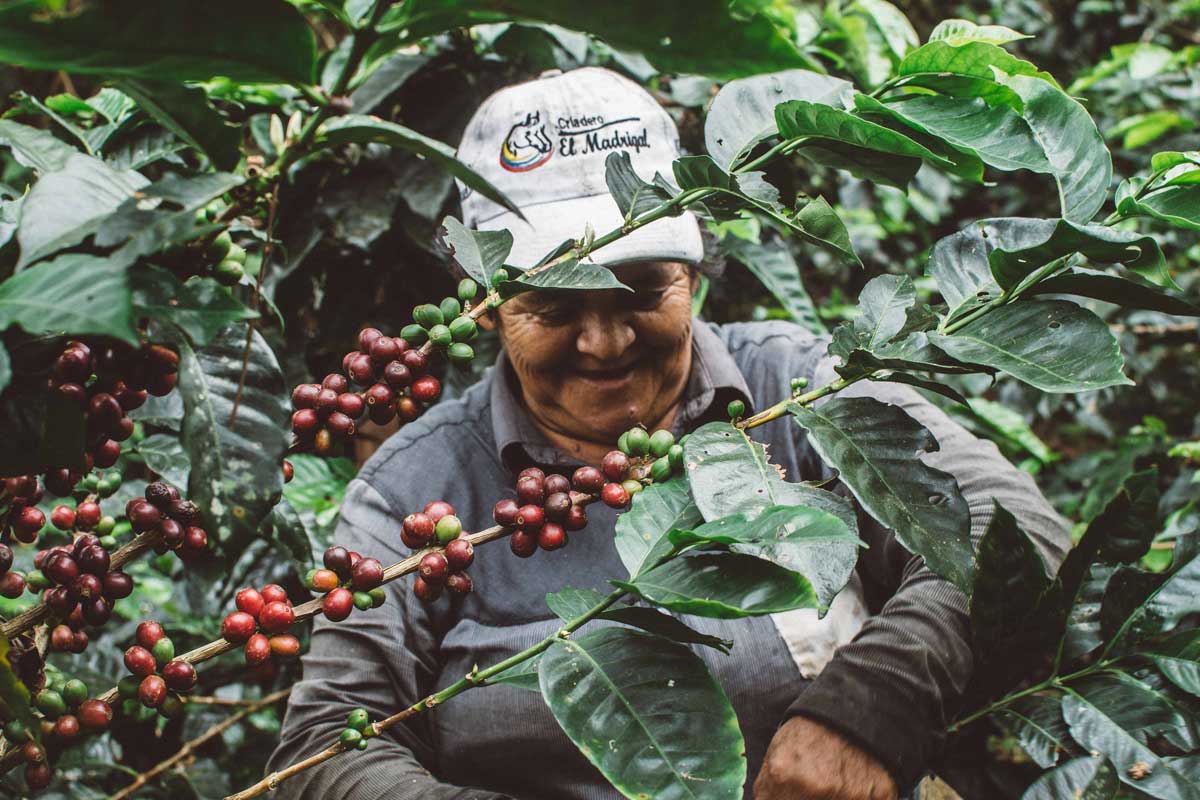
more about the coffee's journey
Coffee is one of the world's largest traded commodities – and at the same time surrounded by myths and half-truths. Stories that can give a distorted picture of what coffee really is and how the industry works.
The reality is far more nuanced - and often more complex. That's why we tackle some of the most enduring coffee myths and take a closer look at what's actually at stake when we talk about the coffee trade.
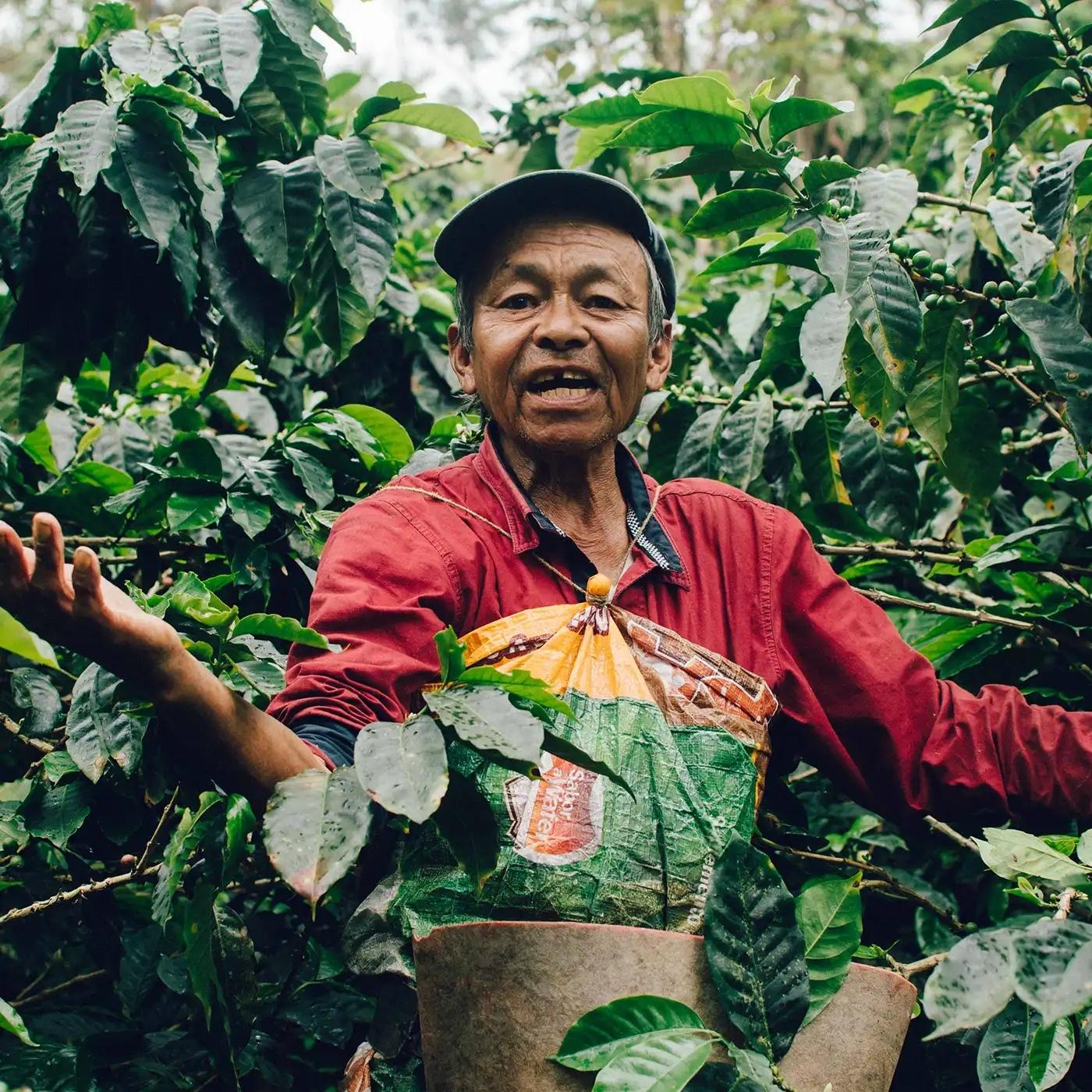
1: Fairtrade means better payment to farmers
Fairtrade sounds like a guarantee that coffee farmers will receive a fair payment, but the reality is more complex.
Fairtrade means that farmers have been paid a certain minimum price for their product.
On paper, it sounds reasonable, but the minimum price is often so low that it does not cover the farmers' real living costs. The result? Many coffee farmers continue to live below the poverty line.
Another challenge is that Fairtrade certification is not free. Farmers pay for the certification themselves, and companies that want to use the label have to pay a license. This means that money disappears from the value chain - money that could have gone to the producer instead.
Fairtrade may be a step in the right direction, but it's far from enough. If you want to make an informed choice, look for transparency: Look at where the coffee comes from and what the farmer was actually paid.
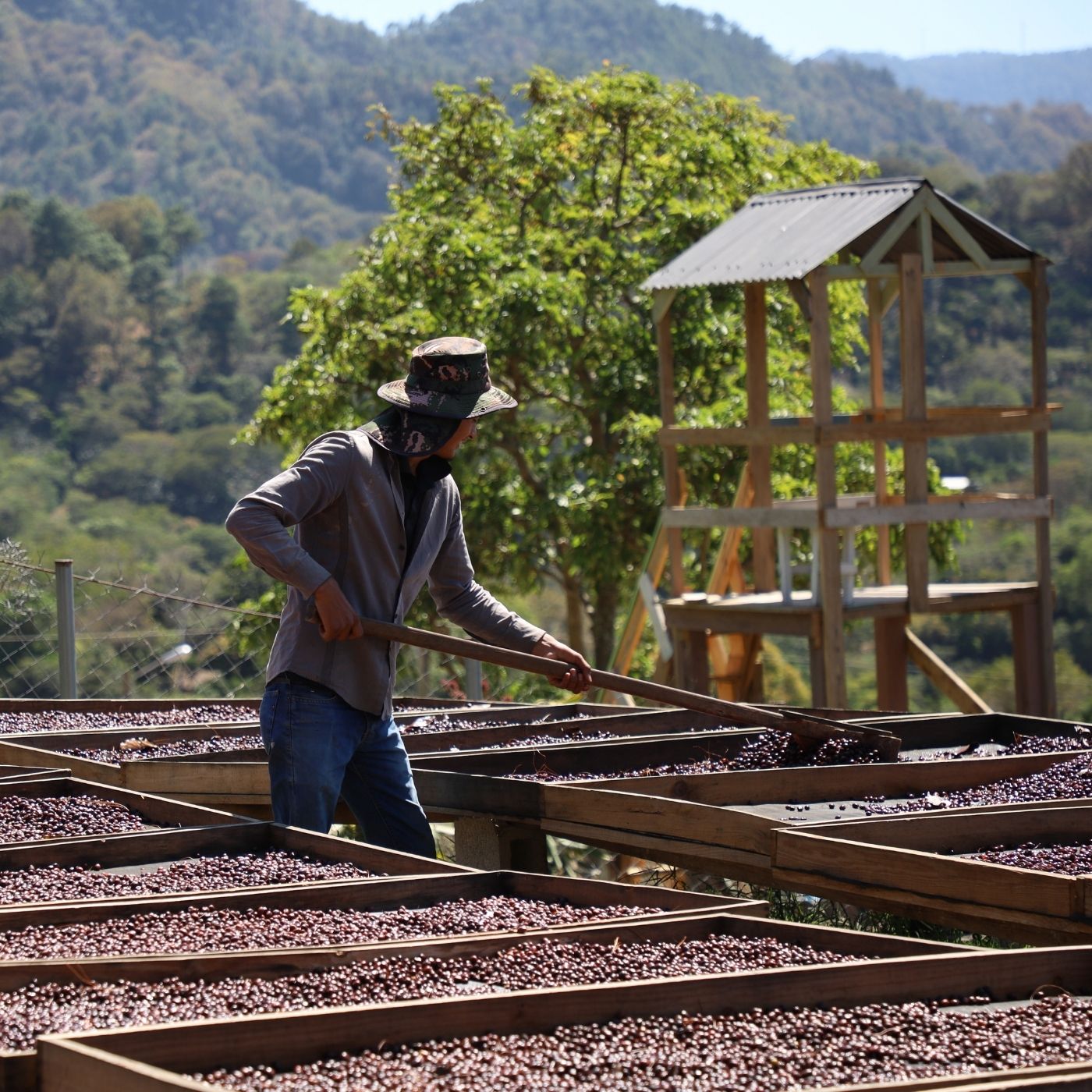
2: Organic is always good
The purpose of organic farming in the coffee world is to reduce the impact on nature. Less chemicals, healthier soil and better conditions for both people and the environment. But for coffee farmers who want to become organically certified, it often comes with a heavy burden.
An organic certificate requires much more than just growing without pesticides. Farmers must document every step: regularly take samples, pay for laboratory tests and be ready for unannounced inspections. On top of that, an annual license must be paid to maintain the certificate.
And of course there has to be some control.
But the challenge is that the entire burden falls on those in the value chain who are already most vulnerable. So while organic coffee can provide benefits for the climate and the environment, it can also put pressure on the people behind the beans.
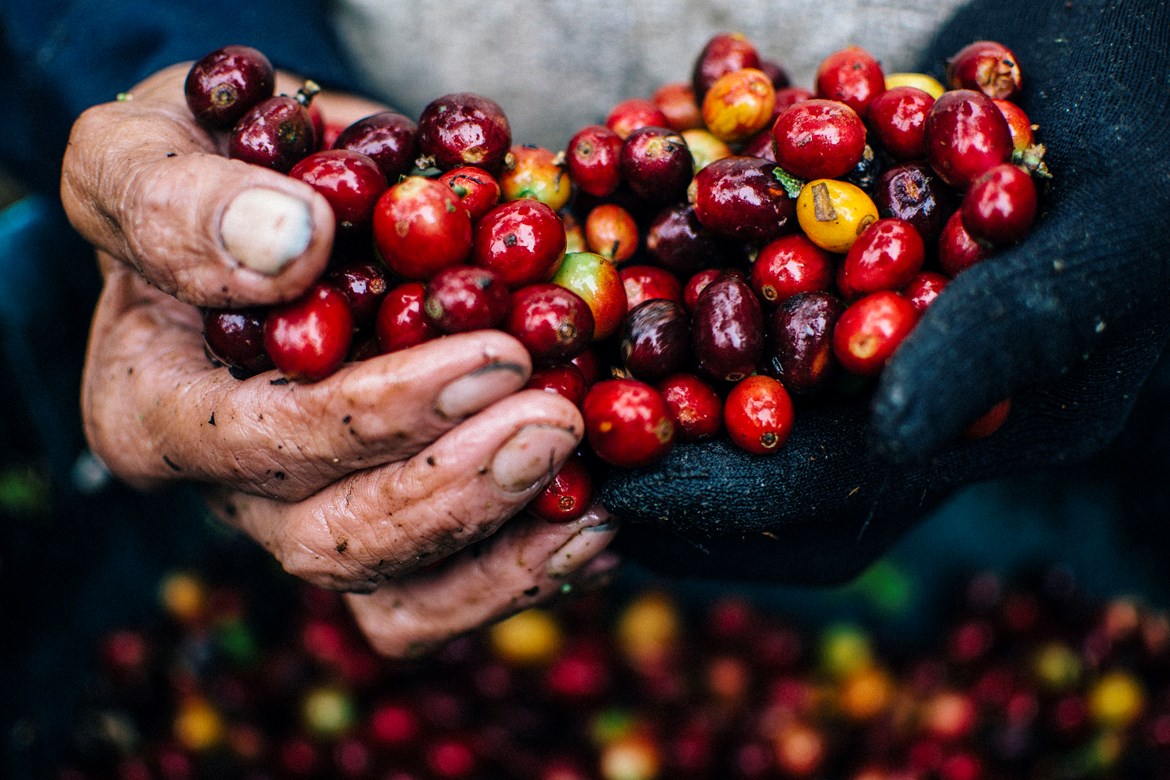
Organic coffee can still be a good choice – if you choose right.
When looking for a supplier of organic coffee, there are a few things you should keep in mind:
- Buy Direct : Choose roasters that deal directly with coffee farmers. This way, you ensure that more money ends up with those who actually grow the coffee.
- Look for transparency : Look for suppliers who openly share how they source—and what they pay—for organically certified coffee.
- Be willing to pay a little more : An organic certificate means extra costs for farmers. If they are to continue to grow responsibly, they need to be paid a fair price.
In short: Organic coffee is not just a question of a stamp on the bag – it's about how the entire value chain is connected.
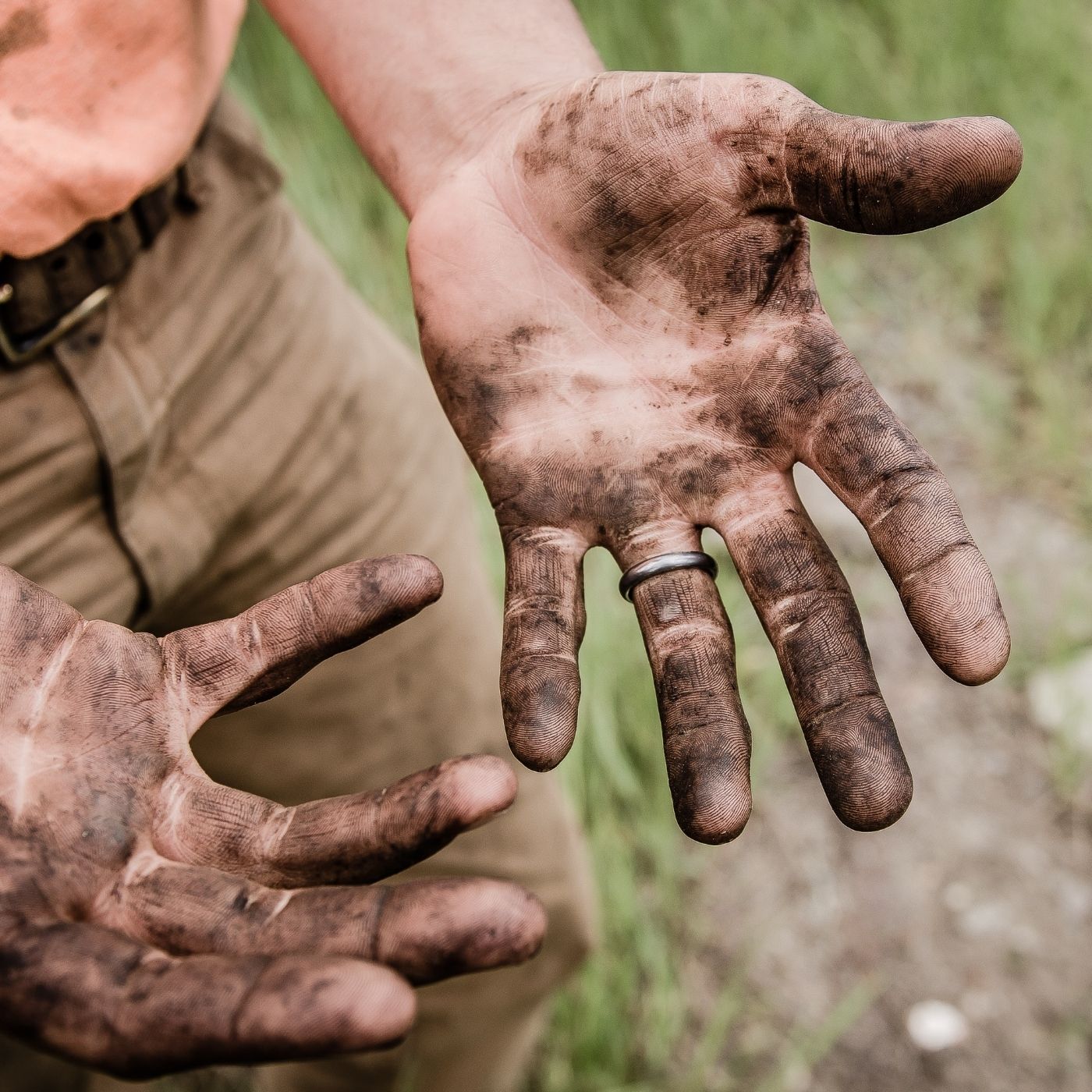
3: Land grabbing helps the coffee farmer
Land grabbing occurs when large companies buy up farmland or natural areas from local farmers. In the coffee world, it is often presented as a partnership that will provide farmers with security and a stable income.
But the reality is different. When foreign companies own the land, they can change its use or sell it at any time. This leaves coffee farmers without land, without work – and without a place to go.
Land grabbing is rarely about helping farmers. It is primarily about ensuring the profits of large corporations.
When coffee farmers own their own land, however, something completely different happens: The profits stay in the local community. With a fair payment, farmers can develop their own business, invest in the future, and create growth around them.
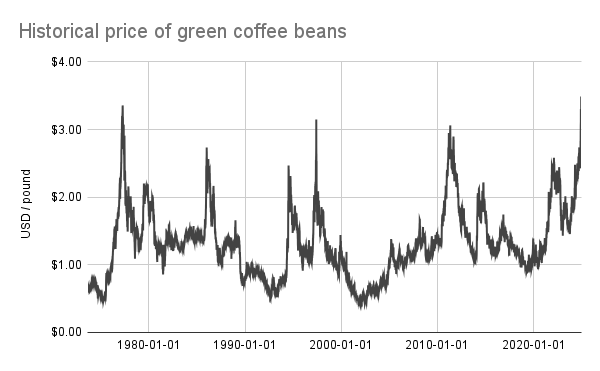
4: Coffee has become expensive
Coffee prices fluctuate up and down, but if you look back over the last 40 years, they have always stabilized - and effectively stayed at the same level. This is disastrous for many coffee farmers, because the price of everything else have increased a lot over the last 40 years, including the coffee farmers' expenses.
Several factors come into play when it comes to temporary price increases for coffee:
Climate change makes harvests unpredictable. Some years the fields yield abundantly – other years they yield significantly less.
The EU's new EUDR law aims to ensure that products like coffee are not linked to deforestation. However, the law has been delayed by at least a year from 2025, and uncertainty about when and how it will come into effect is further pressuring prices.
The financing crisis among producers. Many farmers and cooperatives are having difficulty accessing prefinancing – the advance payment they need to keep production running. At the same time, interest expenses are rising.
Consumption is outstripping production. Since 2021, the world has drunk more coffee than is produced. And when climate change simultaneously reduces the areas where coffee can be grown, the market is under even more pressure.
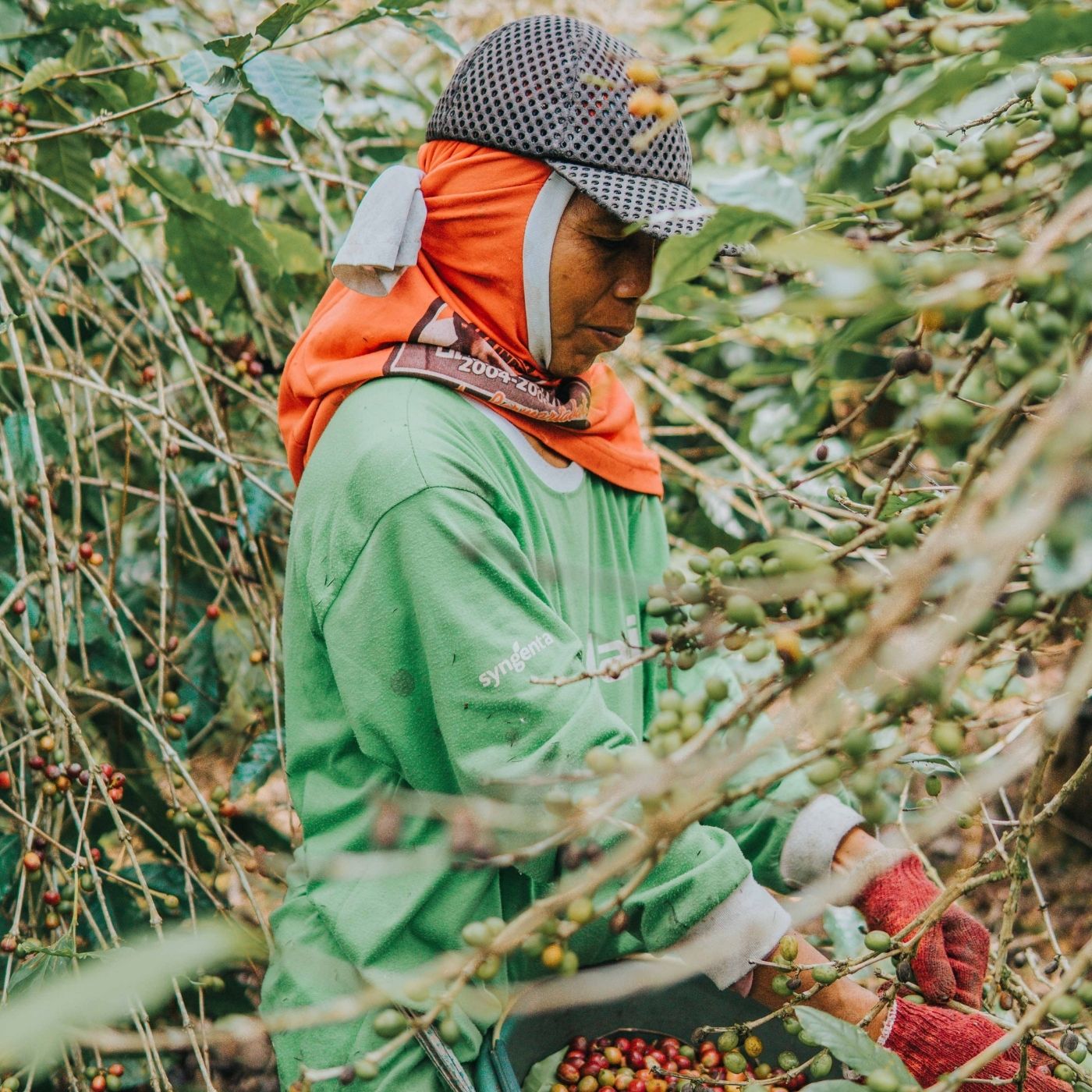
In short: Coffee has become a scarce resource, and this can be felt both among the farmers and in your coffee cup.
What does the sudden price increase mean for coffee farmers?
For those who have had a stable harvest, this means more money because they can sell at a higher price per kilo.
For farmers who have had a poor harvest, however, higher prices mean status quo at best, because they simply have less coffee to sell.
And for small cooperatives, the pressure is even greater. They have to pay more upfront to their farmers – in fact, the need for prefinancing has increased by 50-60% compared to 2023. The result? Sky-high interest costs and even more difficult access to loans.
So while rising prices may sound like a victory to some, the reality is often more challenging – especially for small players in the coffee value chain.
We must remember that just because prices temporarily increase, it does not necessarily mean that coffee farmers will have more money in their hands and that they will no longer live in poverty. The bigger picture shows that the price always stabilizes at its fixed low level.
Has coffee become expensive? No - from our perspective, we don't pay enough.

